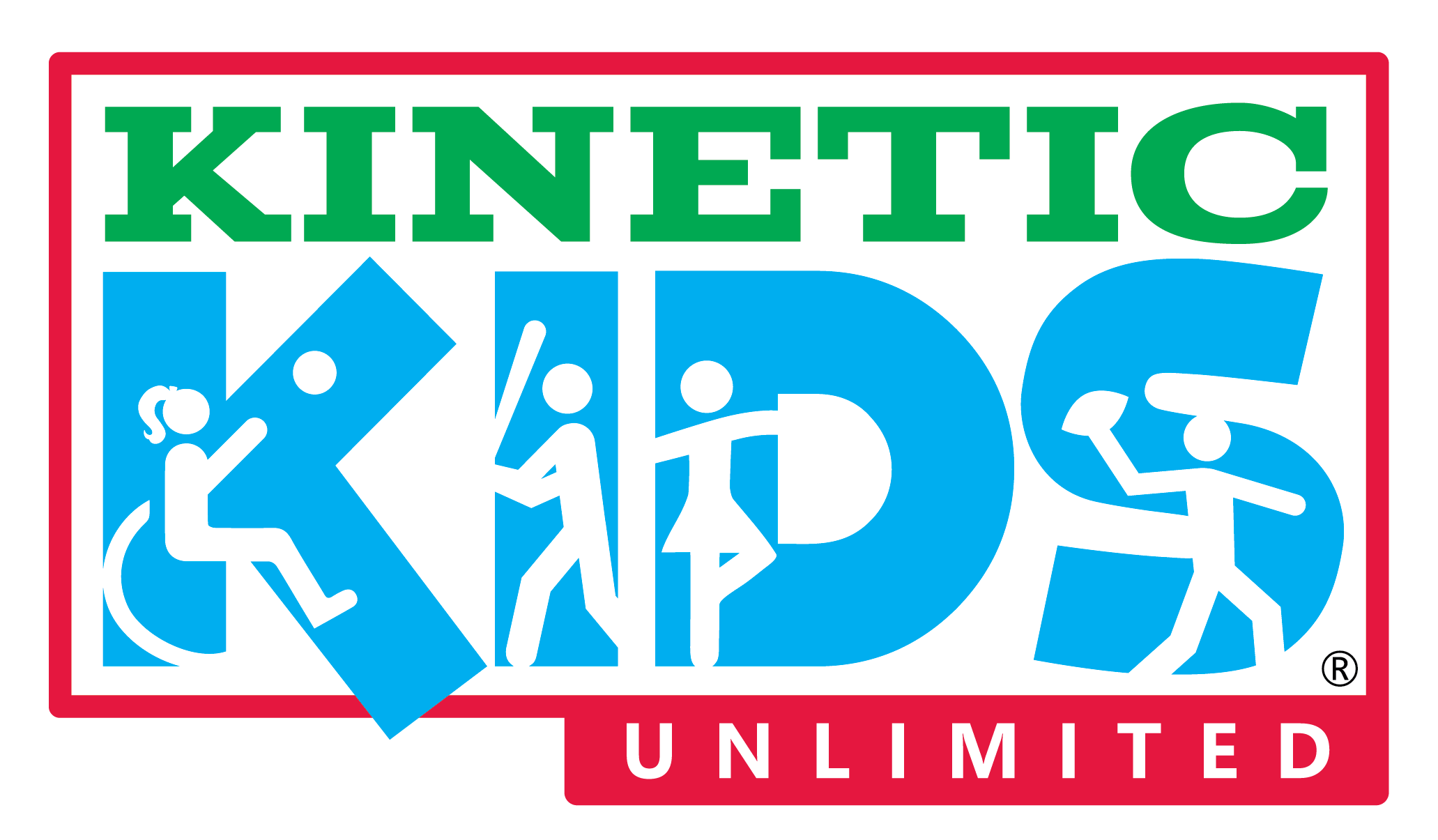Alumni profile
It started with a simple question: why can’t kids with disabilities play sports?
By Lety Laurel
In 2001, Tracey Fontenot and Kacey Wernli, physical therapists working at a local San Antonio hospital, wondered how they could get their young patients with physical and developmental disabilities to be active past their therapy sessions. What if they formed a baseball team, using the UT Health Science Center’s ball field? Would kids show up.
Ten did.
“Once we got out there, we saw the kids just come alive,” said Fontenot, ‘96. “They felt so confident being part of a team. Their parents felt so happy to be able to watch their kids be able to do something active and to be able to be team parents.”
The physical therapists decided to continue the experiment. Over the next two years, the baseball group grew by 40 more players. In 2003, their experiment became an official nonprofit called Kinetic Kids.
Today, there are 1,800 special-needs children participating in 106 Sports and recreation programs offered year-round throughout San Antonio. Among the programs offered are music, gymnastics, cheerleading, basketball, competitive swimming, flag football, golf and wheelchair tennis.
“It started with a question,” Fontenot said. “We asked ourselves why not?’ and we did something about it.”
The majority of the staff, program directors and instructors are physical, occupational or recreational therapists. Of the 800 or so volunteers who help with classes each year, many are students from the Health Science Center’s physical and occupational therapy programs.
Although the sports and rec program isn’t considered traditional physical or occupational therapy, “we’re always thinking like therapists and are constantly working on maximizing their potential,” said Wernli, ’94. “We feel like the benefits of Kinetic Kids go beyond the health benefits.
As they are out there participating in sports, they are also building relationships with people. They are having to take their turn and wait in line and do the things that other kids are doing in recreational sports.”
They’re also building confidence, Fontenot said.
“We hope that we’re building future community members,” she said. “Nobody here is going to play in the NFL or the MLB, but we’re building people who are confident and can be leaders because of the skills they have learned through their sports. Sports is just the mechanism by which they are learning all these different things.”
Kinetic Kids has become a full-time job for the founders. And it’s one they said they feel lucky to have.
“There is never a day where we’re dreading work. You just think of the kids you’re serving and the smiles on their faces and work is easy after that,” Fontenot said.
Just as there was a clear need for Kinetic Kids in San Antonio, there is a similar need in communities throughout the country, they said. Fontenot and Wernli would like to create a playbook that other organizations can use to bring. Similar programs to their cities.
“As people grow up and get married and start having families, we hope that they remember their childhood dreams of playing sports,” Wernli said. “I hope we inspire people to realize that every child has that dream (to play sports]. We can help make that dream come true.
Summer 2015 | UTHSCSA.EDU/MISSION
